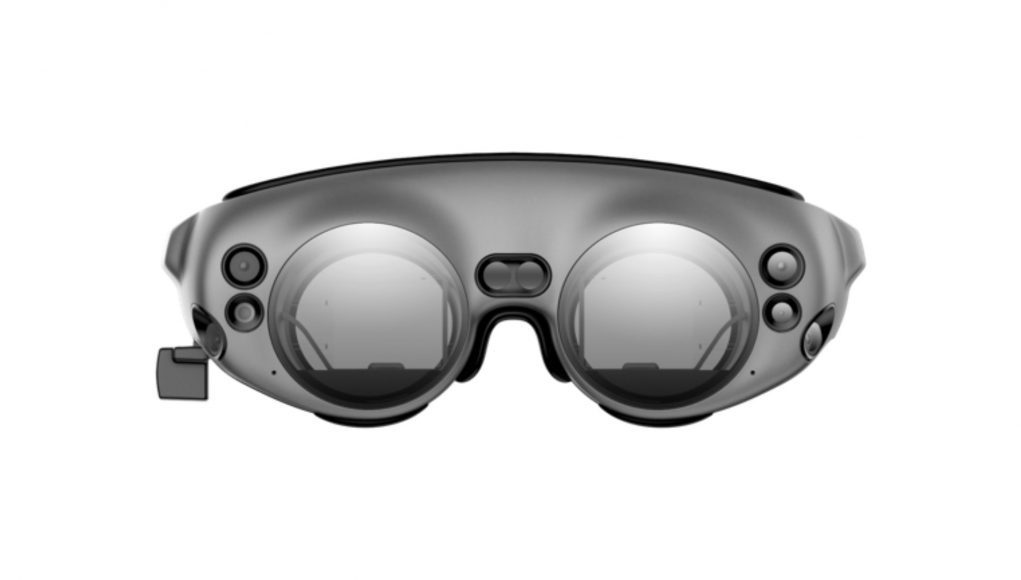Magic Leap is now shipping Magic Leap One, the company’s AR headset, to all states in the lower 48. To boot, Magic Leap is also offering 0% financing to help developers jump the mental hurdle of plunking down the $2,300 for the device.
Magic Leap One has been out for two months, and up until now getting your hands on a headset was a bit of a process. You couldn’t just order it online and get it sent to your house, but rather need to live in one of the select cities with service representatives that would come to you and help set it up for the first time.
Now, anyone living in the contiguous US can buy the headset, and even apply for 0% financing through the company’s partner Affirm. Monthly payments can also be scheduled for 12, 18, and 24 month periods, with payments as low as $96 per month.

As a developer kit, dubbed ‘Creator Edition’, the headset is intended primarily for software developers looking to create for the platform; while the price remains the same, making the company’s first-gen dev kit palatable to smaller studios is crucial to filling out the headset’s library of apps, which at the time of this writing is limited to only a few demo experiences created in partnership with the company.
As the Lightwear headset is offered in two sizes, it’s important to find out your individual interpupillary distance (IPD) first, which can be done either through the Magic Leap Mobile App on iOS, Android, or by your optician.
The package includes:
- Magic Leap One Lightwear
- Magic Leap One Control
- Magic Leap One Lightpack
- One-Year Limited Warranty
- (Optional) Shoulder Strap
Check out more details at Magic Leap’s site.







